On Wednesday, a rocket fired from Lebanon struck the northern Israeli town of Safed, killing a 20-year-old female soldier and wounding at least eight people.
In response, Israel carried out airstrikes that killed at least 10 people in southern Lebanon, including a Syrian woman, her two children, four members of another family and three Hezbollah fighters. At least nine people were injured.
Cross-border violence has flared since an attack on southern Israel by Hamas, an ally of Hezbollah, on October 7.
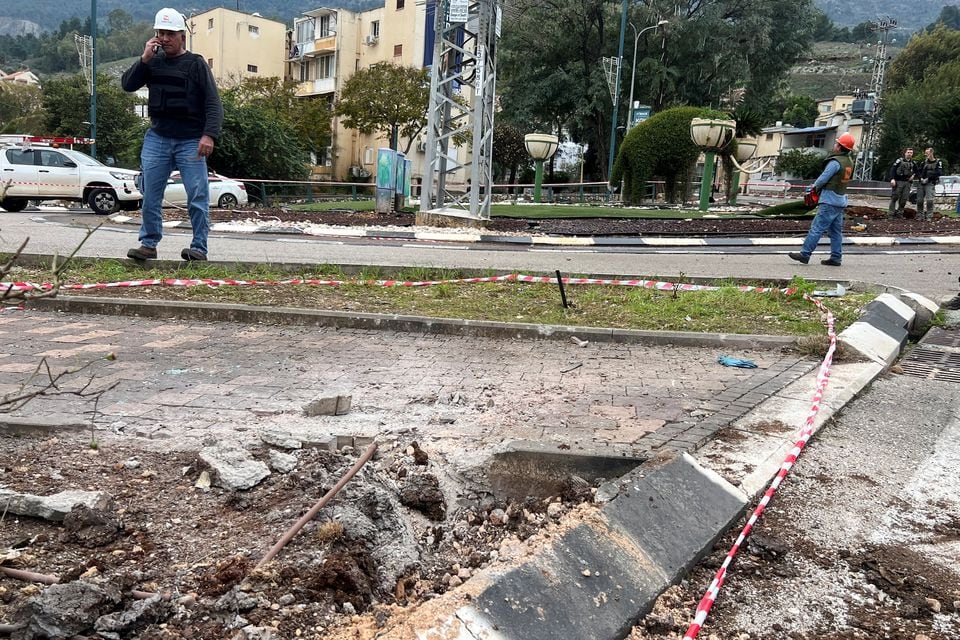
The area where a rocket launched from Lebanon landed, in Kiryat Shmona near the Israeli border with Lebanon, February 13. Photo: Reuters
Hezbollah did not claim responsibility for Wednesday's attack. However, it vowed to continue its attacks until a ceasefire is reached in Gaza. Amid fears of further escalation, here's a look at the arsenals of both sides.
Hezbollah's military capabilities
Hezbollah is the Arab world's most important paramilitary force, with a strong internal structure and a sizable arsenal. Backed by Iran, Hezbollah fighters have gained experience in the 13-year conflict in Syria.
Hezbollah leader Hassan Nasrallah has said the group has as many as 100,000 fighters, while other estimates put its military strength at less than half that. Israel wants Hezbollah to withdraw its elite Radwan force from the border so that tens of thousands of Israelis displaced from northern towns and villages can return home.
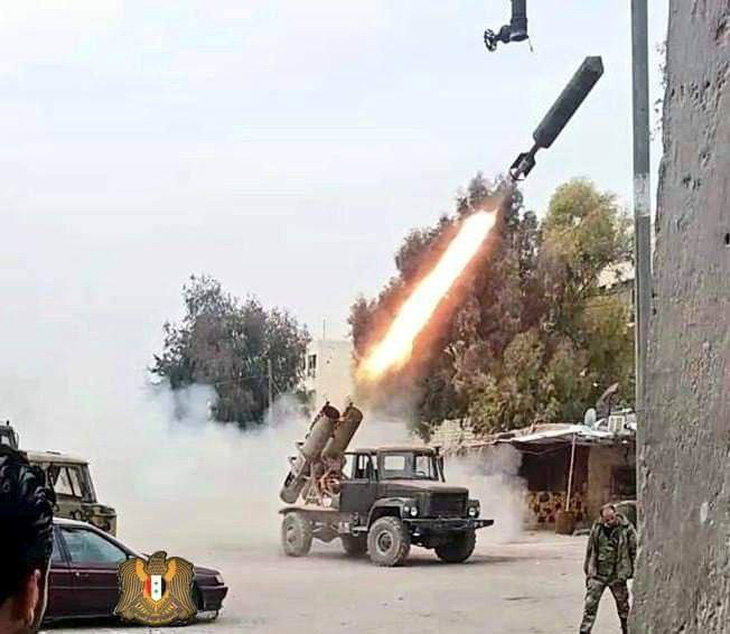
Burkan missiles are used in a military operation in Syria. Photo: Defence Security Asia
Hezbollah has a huge arsenal of mostly small, mobile, unguided surface-to-surface artillery rockets, according to the Center for Strategic and International Studies, a Washington-based think tank. The United States and Israel estimate that Hezbollah and other militant groups in Lebanon have about 150,000 rockets and missiles. Hezbollah is also working on precision-guided missiles.
Hezbollah has launched drones at Israel before. In 2006, Hezbollah hit an Israeli warship with a surface-to-sea missile. Its forces also have assault rifles, heavy machine guns, rocket-propelled grenades, roadside bombs and other weapons.
In the current conflict, Hezbollah has frequently used Russian-made Kornet mobile anti-tank missiles. Hezbollah has also deployed Burkan (Arabic for “volcano”) ballistic missiles capable of carrying 300-500 kg warheads against the IDF’s Biranit base.
In recent weeks, Hezbollah has introduced new weapons including surface-to-surface missiles with a range of 10 km and warheads weighing 50 kg.
Israel's military capabilities
Israel is one of the countries with the most powerful arsenals in the Middle East. The Israeli military has long been supported by the US with an annual funding of 3.3 billion USD, plus 500 million USD for missile defense technology.
Israel's air force includes advanced US F-35 fighter jets, missile defense batteries including the US-made Patriot multi-role long-range air defense missile system, the Iron Dome missile defense system, and a pair of missile defense systems developed with the US, the Arrow and David's Sling.
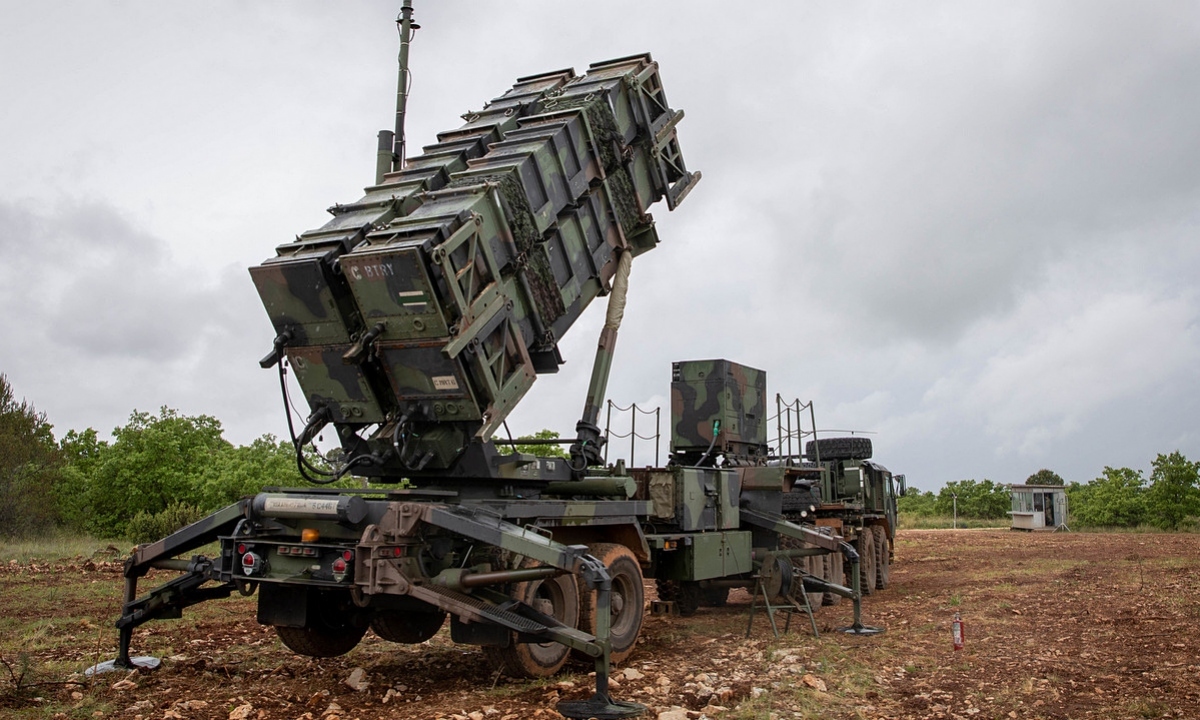
Patriot missile defense system. Photo: US Army
Israel also possesses armored vehicles and tanks, along with a fleet of drones and other technology ready to support any ground battle.
According to the International Institute for Strategic Studies, a British think tank, Israel has mobilized about 170,000 active-duty troops and about 360,000 reservists for the war (about three-quarters of its estimated capacity). As the conflict enters its fifth month, many of those reservists have returned home.
Israel has also long maintained an undeclared nuclear weapons program.
How serious is the latest escalation?
While most analysts believe neither Hezbollah nor Israel wants a full-scale war, there are concerns that a misstep by either side could trigger a major escalation. In recent weeks, the US, France and other countries have dispatched diplomats to try to ease tensions at the border.
On Tuesday, responding to Israel's threat to launch an attack if Hezbollah does not withdraw its forces from the border, Hezbollah leader Hassan Nasrallah said: "If you expand (the conflict), we will also expand."
The back-and-forth attacks between the two sides on Wednesday, some of which occurred relatively far from the border area, were a clear sign of the risk that violence could spiral out of control.
Hoai Phuong (according to AP)
Source





![[Photo] Dan Mountain Ginseng, a precious gift from nature to Kinh Bac land](/_next/image?url=https%3A%2F%2Fvphoto.vietnam.vn%2Fthumb%2F1200x675%2Fvietnam%2Fresource%2FIMAGE%2F2025%2F11%2F30%2F1764493588163_ndo_br_anh-longform-jpg.webp&w=3840&q=75)


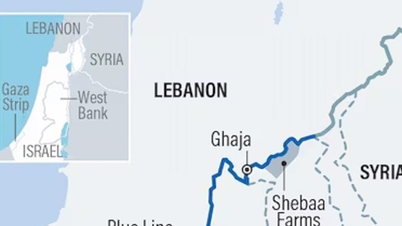



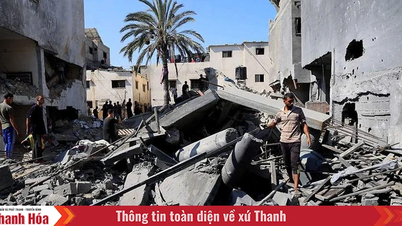

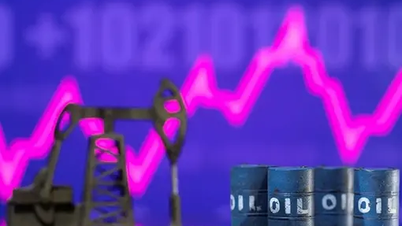




















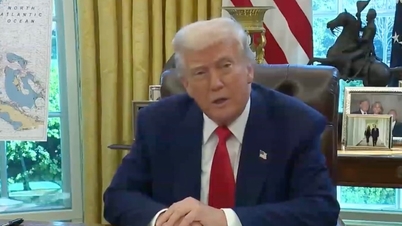

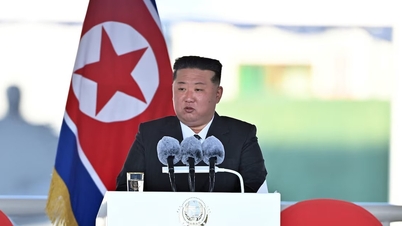
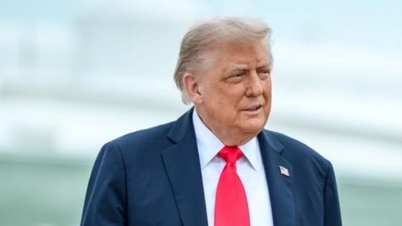


































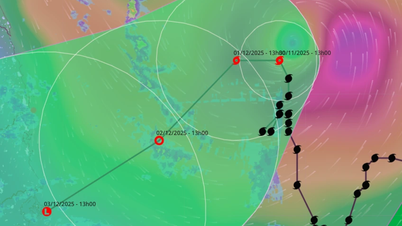







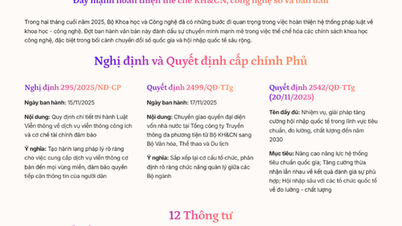










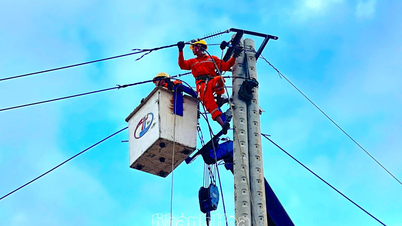

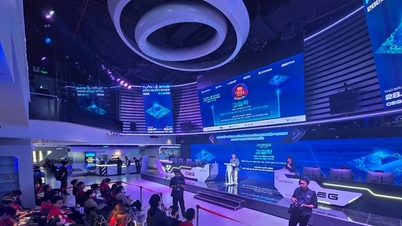













Comment (0)